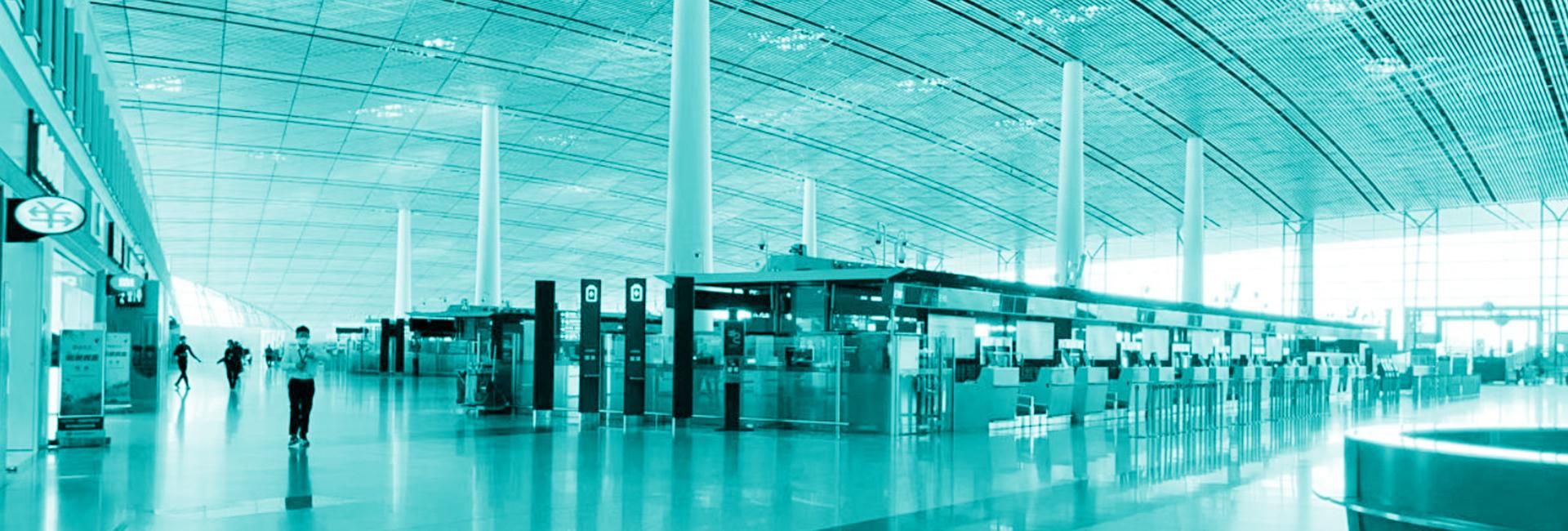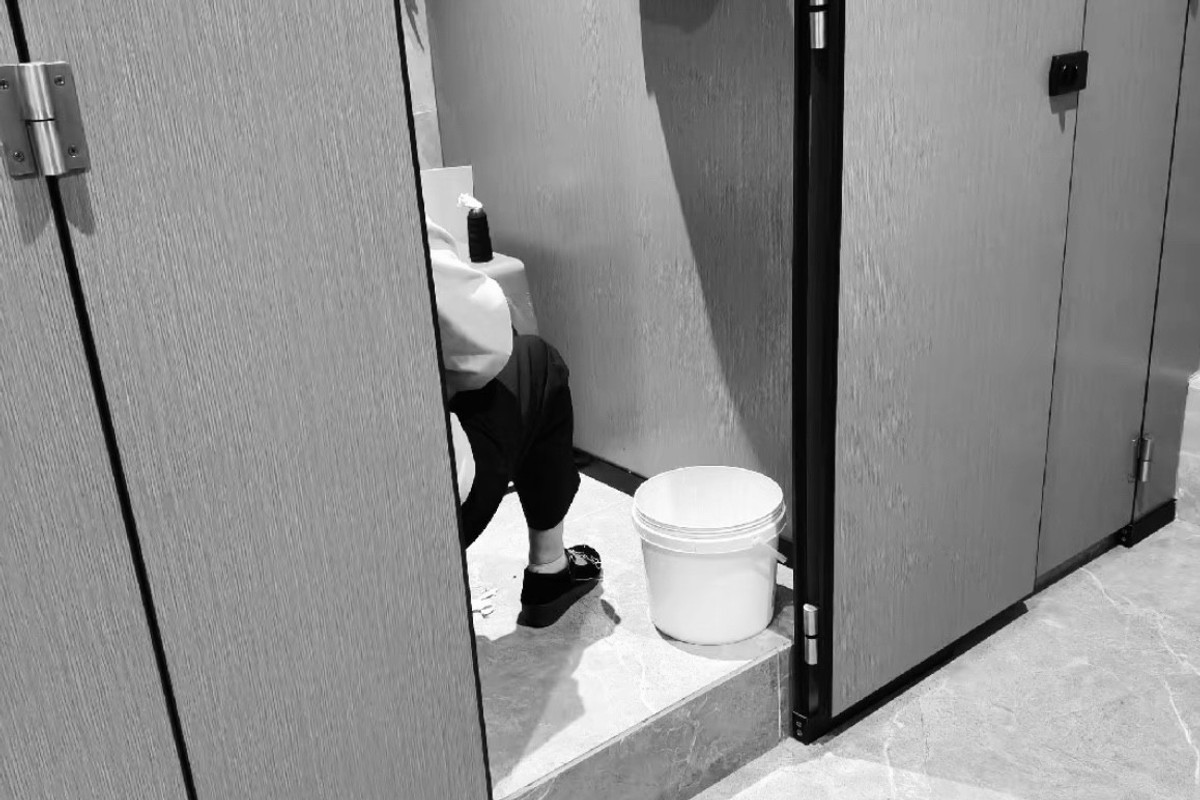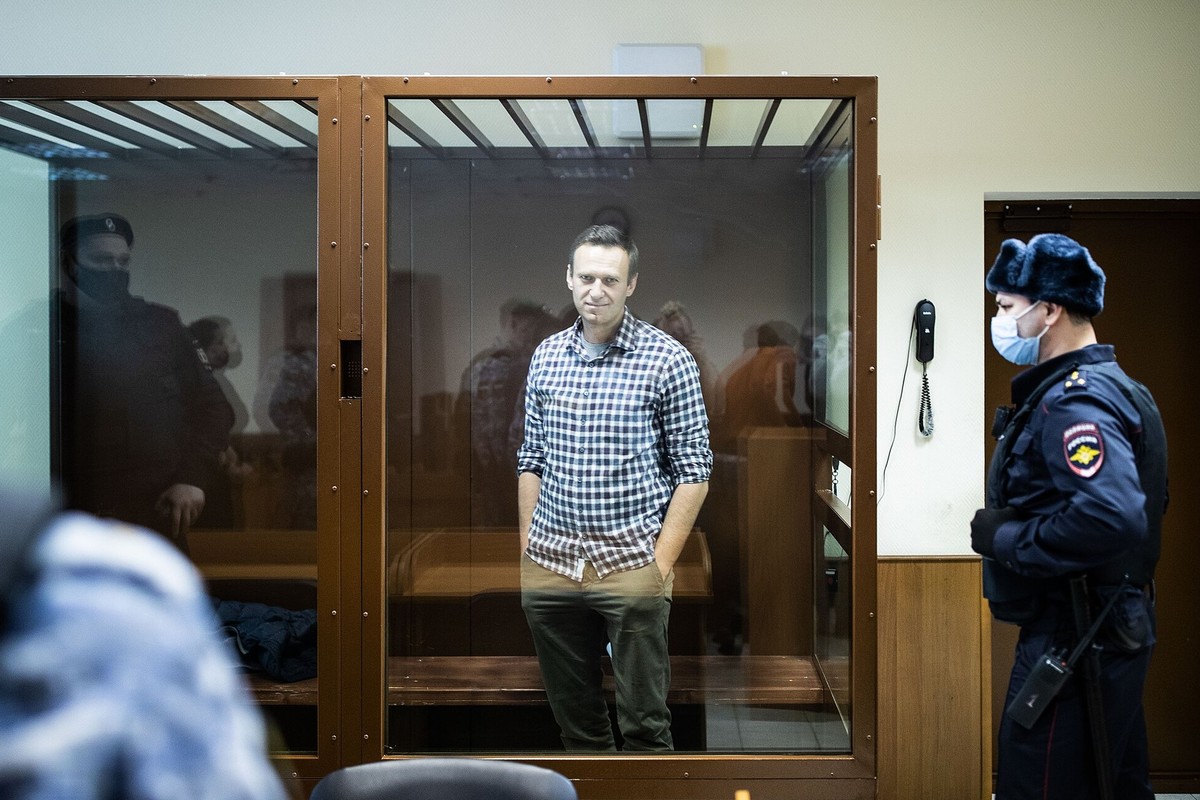China's airlines are experiencing hard times but it's not only the companies that are hurting.
The route to Terminal 3 at Beijing Capital Airport is usually stalled with 30-minute traffic jams, but with pandemic travel restrictions, a taxi driver can put his foot down and get to the terminal in five minutes as if he owns the road.
With 21.1 billion yuan (A$4.48 billion) lost in the Chinese aviation sector since the start of the pandemic, airlines are struggling to keep flying. In 2021, Chinese airlines flew 4.41 million passenger journeys, down 99 per cent from its pre-pandemic high of more than 660 million, according to the Civil Aviation Administration of China 2022.
“You can imagine that the Beijing Capital Airport is echoic, the entire hall is vacant” said Yutong Tao, recalling his first flight of the year from Beijing to Wenzhou for business in May. “It's so surreal that I felt like I was in an isolated and abandoned city from a movie set.”
'You can go around at your wish, but the next thing you know is that you’re in quarantine.'
Tao is a regular Beijing resident whose line of business requires him to travel often for face-to face meetings. “I flew four to five times per month on average before, but this is my first flight in 2022,” he says of the May flight. These days, most of his meetings are online.
Despite Tao's greatly reduced travel schedule, according to flight information app Hanglvzongheng, "on this flight alone, I've already topped 40 per cent of Chinese flying passengers this year".
If not for business, there appears to be little motivation for citizens in China to "travel" between cities, let alone across borders. "I feel obliged to stay where I am to save all of the troubles," Tao says.
The COVID controls in different Chinese cities vary depending on the intensity of the pandemic and are dictated by the national zero-COVID policy. “You can go around at your wish, but the next thing you know is that you’re in quarantine,” Tao explains. The quarantine restrictions have acted as a a travel repeller to Chinese people especially in major cities, such as Beijing and Shanghai, where even cross-city travel regulations were rigorous in the first part of the year.
The crisis in the Chinese airline industry reflects the challenges faced by airlines around the world. The president of the International Air Transport Association, Alexandre de Juniac, told BBC that between 35 and 40 airlines had collapsed as of 2021. In addition to the closures there have been bankruptcies, layoffs and pay cuts. “It is likely that we will see more bankruptcy cases,” Juniac says.
China Southern Airlines Group, one of the country's major carriers, with 150 million passengers in 2019, is now striving to survive. "Approximately 200 domestic flights a day were flown out of Shenzhen before the COVID, these days we [have] less than 10 flights a day," said Ziyi Liu*, a flight attendant with China Southern Airlines Shenzhen. “The same number of flight attendants, but [they] only serve dozens of people, sometimes 20, sometimes 30 or 40.”
Liu, a four-year veteran with China Southern Airlines, spoke with Newsworthy via WeChat in June. She had been rostered to fly again the next day but was ordered instead to go into quarantine, for which she is paid. "This is my fourth quarantine this year, ironically, I always wanted to take as much time as I needed to relax, and now it's like a dream come true," she joked.
Flight attendants are paid by the hour and with pitifully few passengers and flights, the airlines are not the only ones that suffer. “My total flight duration this year is less than 200 hours, while I used to fly 100 hours a month,” she said. "At the height of the epidemic, I was only flying around 10 hours a month, and received fewer than ¥1000 (A$213) for that month, while I could earn ¥15,000 before the COVID.”
With more relaxed COVID control policies outside China, the global aviation industry is slowly emerging from its pandemic slump. In China, where controls on movement, and quarantining on return, remain much stricter, China's Finance Ministry has issued a new subsidy program to help maintain the struggling domestic airline industry's viability.
There are signs of hope. Both Beijing and Shanghai have emerged from their rigid lockdowns. There is traffic again on the main route to Terminal 3 at Beijing Capital Airport, with the airport reopening to scheduled international flights. Citizens can see and feel the difference. As Liu says, it's been “frustrating indeed, but hope is also ahead”.
* Ziyi Liu's name has been changed so she could speak openly.






